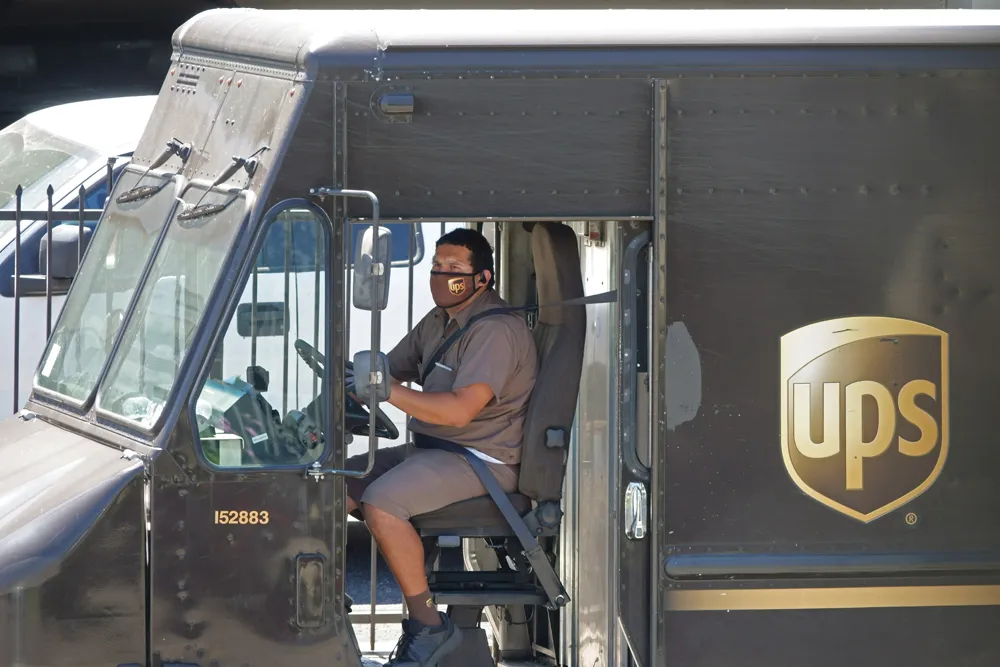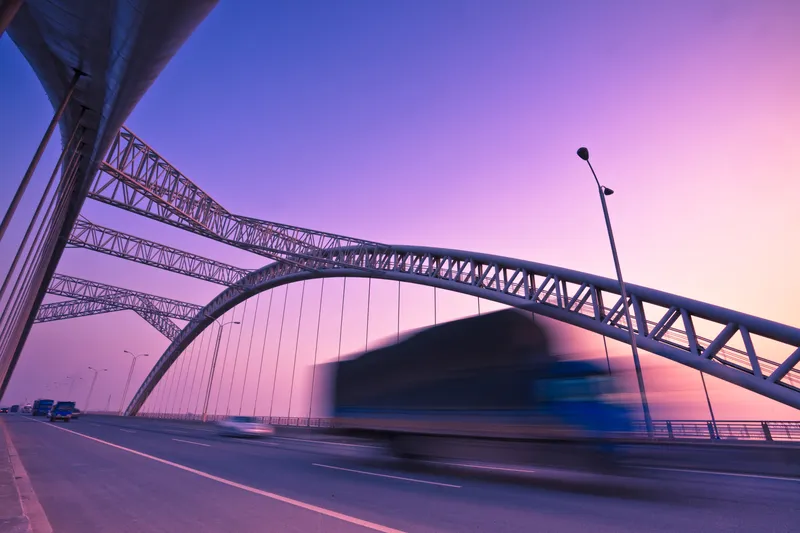By Ben Spencer
September 15, 2020
Read time: 1 min

Want to find clear spaces for loading and unloading by using restaurants and shops and machine learning? Heck, yes…








